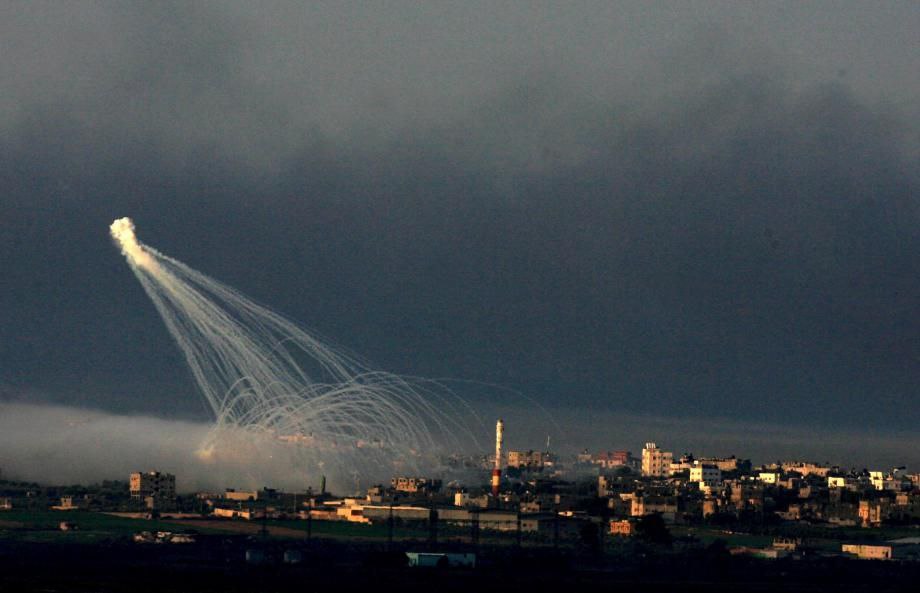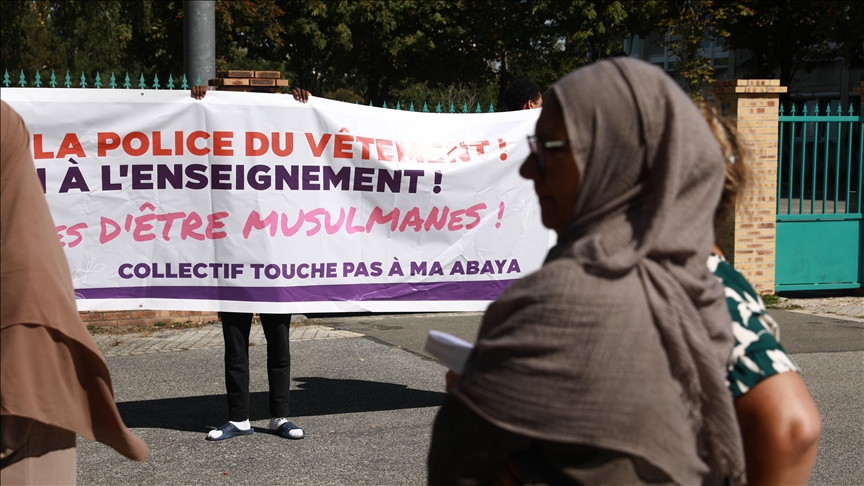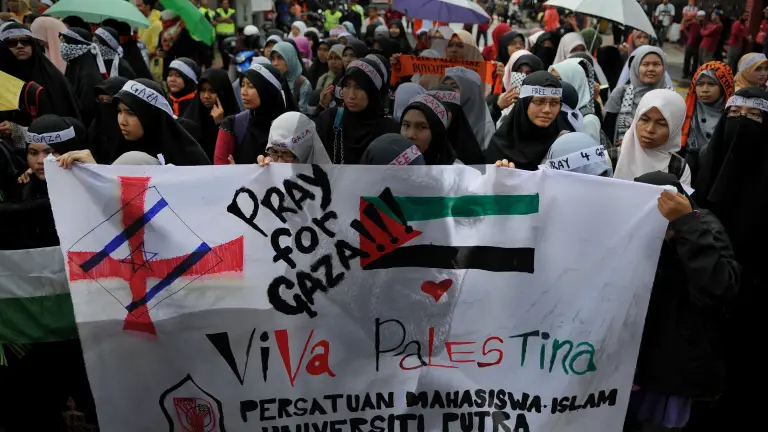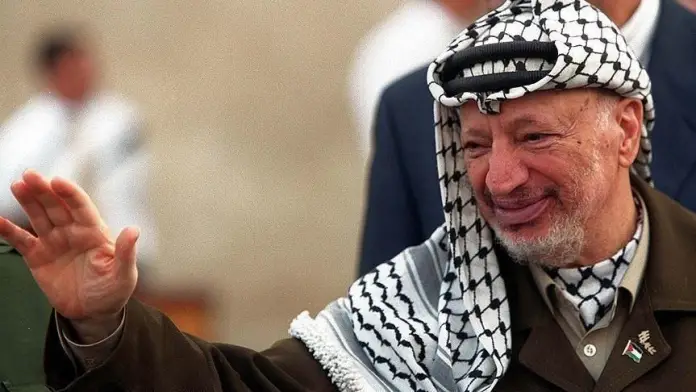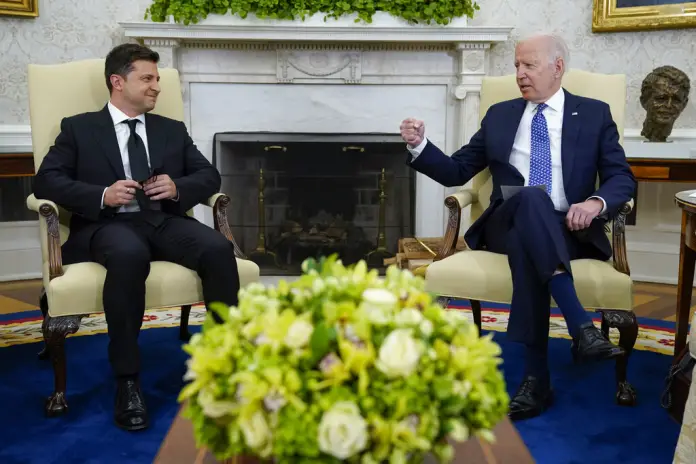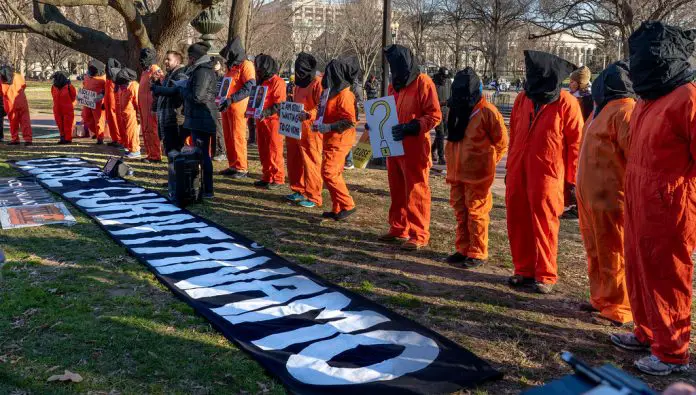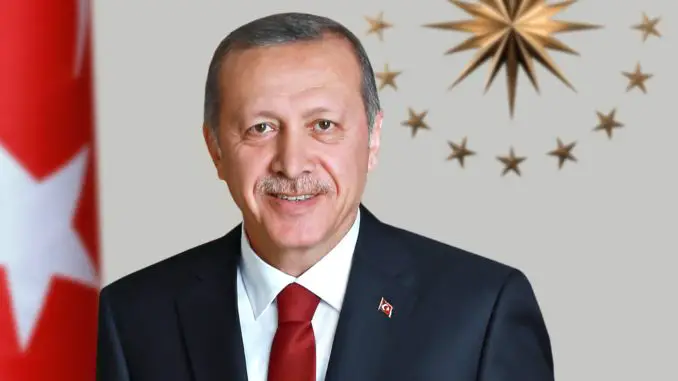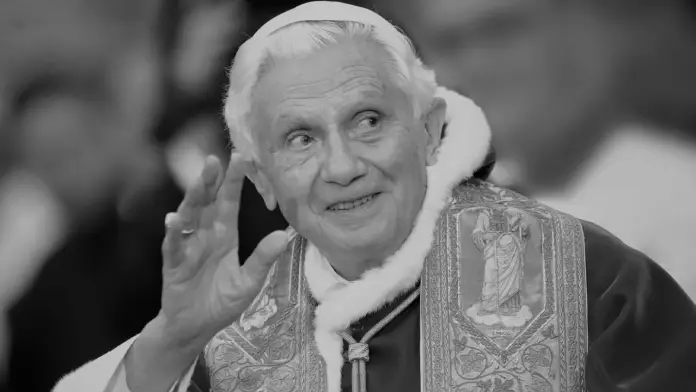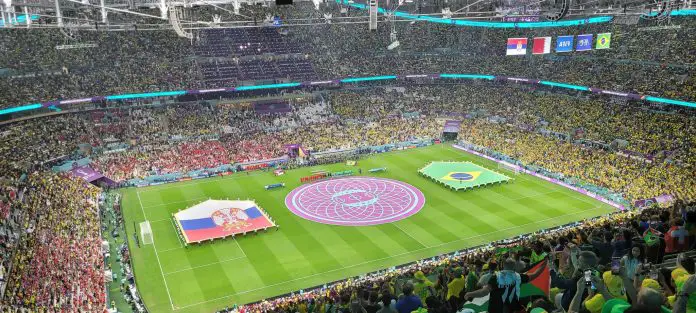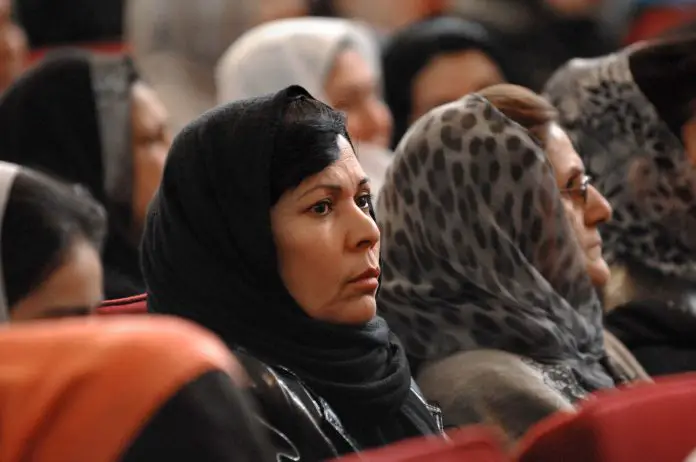ANALYSIS: The Roots of Zionism; What Does Israel Follow?

Nowadays, there is a lot of confusion regarding the history of Historic Palestine, and the current ‘state of Israel’, namely in what their political beliefs are. Despite popular belief, Israel doesn’t strictly follow Judaism, rather Israel follows the ideas of Zionism, which has some basis in Judaism but is severely altered.
The Difference
The difference between Zionism and Judaism is that Zionism refers to the national movement that was held to re-establish and for the identity growth of the Jews as the main community in Israel. On the other hand, Judaism refers to faith in God. According to the Jewish people, their sole belief was that they had only a particular God named Yahmed (Or Yahweh). Also, we can make out that all the believers of Zionism are Jewish people, but on the other hand, all Jewish people do not have faith in Zionism, namely the Ultra-Orthodox Jews.
The ultra-Orthodox, known as Haredim in Hebrew (meaning “those who tremble” in reverence to God), differ from the Orthodox in their rejection of Zionism, considering it blasphemous in principle. This rejection has led to the formation of diverse groups within the ultra-Orthodox community. Ranging from Neturei Karta (“Guardians of the City”) who refuse to acknowledge the legitimacy of the State of Israel, to Haredi political parties in Israel, their influence at times affects the formation of the government among major political parties in the country.
In ‘Israel’, Haredi Jews have typically been exempted from military service on grounds of religious observance. However, the growing number of Haredi individuals in the military remains a highly contentious and debated political issue.

Roots of Zionism In Europe
The history of Zionism dates back to the late 19th century when the idea of establishing a Jewish homeland in the historic land of Palestine began to gain traction among Jewish communities in Europe. The term “Zionism” itself is derived from “Zion,” which is a biblical term for Jerusalem and the Land of Palestine.
One of the key figures in the early development of Zionism was Theodor Herzl, an Austro-Hungarian journalist and political activist. Herzl is often referred to as the father of modern political Zionism, as he was instrumental in organizing the First Zionist Congress in 1897 in Basel, Switzerland. This event marked the official beginning of the Zionist movement and led to the formation of the World Zionist Organization, which aimed to promote the establishment of a Jewish state in Palestine.
At the heart of Herzl’s vision was the belief that anti-Semitism and persecution of Jews in Europe necessitated the creation of a Jewish homeland where Jews could live free from discrimination and persecution. This idea gained momentum as instances of anti-Semitism, including the Dreyfus Affair in France, highlighted the vulnerability of Jewish communities in Europe.
The Rothschild family, particularly Lionel Walter, 2nd Lord Rothschild, and Baron Edmond de Rothschild, also played a significant role in the establishment of a Jewish homeland in Palestine. Lionel Walter Rothschild was the recipient of the Balfour Declaration, a public statement issued by the British Government in 1917 expressing support for the establishment of a “national home for the Jewish people” in Palestine. This declaration is often viewed as the diplomatic foundation stone of the state of Israel.
Baron Edmond de Rothschild responded to the dangers facing the Jewish people in Europe in the late 19th century by supporting massive land purchases and underwriting Jewish settlements in Palestine and Israel. His large purchases lent significant support to the Zionist movement during its early years, which helped lead to the establishment of the ‘State of Israel.’
Post-World War Decisions
This declaration set the stage for increased Jewish immigration to Palestine and the eventual establishment of the State of Israel in 1948. The Holocaust during World War II further underscored the urgency of creating a safe haven for Jewish refugees, and it galvanized international support for the Zionist cause. The period leading up to Israel’s ‘independence’ was marked by conflict between Jewish and Arab communities in Palestine, as both groups laid claim to the land.
UN Partition of Historic Palestine

In 1947, the United Nations proposed a partition plan for Palestine, which aimed to divide the land into separate Jewish and Arab states. This decision was met with mixed reactions, as it sparked conflict and violence between the two communities.
The Zionist groups, who had long sought to establish a Jewish state in Palestine, welcomed the UN partition plan and began to take control of the land allocated to them. This led to the widespread displacement of Palestinian Arabs, who were forced to leave their homes and seek refuge in neighboring countries.
As tensions escalated, Zionist groups carried out a series of massacres against Palestinian civilians, including the infamous Deir Yassin massacre in 1948. The massacre resulted in the deaths of over 100 Palestinians, including women and children, and left a deep scar on the Palestinian community.
The UN partition plan ultimately failed to bring peace to the region and instead fueled decades of conflict and suffering for both Palestinians and Israelis. The legacy of the partition continues to shape the ongoing Israeli-Palestinian conflict, with Palestinians continuing to face displacement and violence at the hands of Zionist groups. More recently, in 2023, Israel carried out a violent and intense air attack on the Gaza Strip, resulting in the death or injury of more than 16,000 people.
These incidents, among others, have led to genocide and ethnic cleansing against the Palestinian population. The establishment of Israel and the subsequent displacement and violence against Palestinians have been a source of ongoing conflict and controversy.


 English
English 


